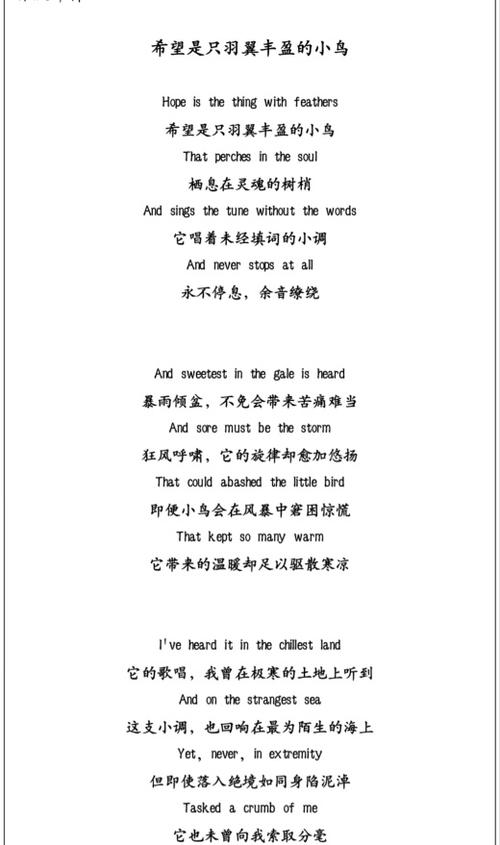Poetry is a form of literary expression that uses aesthetic and rhythmic qualities of language to evoke meanings beyond the literal. Here are some key characteristics of poetry:
 Imagery: Poetry often uses vivid and sensory language to create mental images and evoke emotions in the reader.
Metaphor and Simile: Poets frequently use metaphor and simile to make comparisons and add layers of meaning to their work.
Rhythm and Meter: Many poems have a distinct rhythm and meter created by the arrangement of stressed and unstressed syllables.
Rhyme: Rhyme is a common feature of poetry, where words at the end of lines or within lines have similar sounds.
Symbolism: Poets often use symbols to represent ideas or concepts beyond the literal meaning of the words.
Emotion: Poetry is known for its ability to evoke emotions in the reader through the use of language and imagery.
Conciseness: Poets often use concise language to convey complex ideas and emotions in a limited space.
Sound: The sound of words and the way they are arranged can add to the overall impact and beauty of a poem.
Imagery: Poetry often uses vivid and sensory language to create mental images and evoke emotions in the reader.
Metaphor and Simile: Poets frequently use metaphor and simile to make comparisons and add layers of meaning to their work.
Rhythm and Meter: Many poems have a distinct rhythm and meter created by the arrangement of stressed and unstressed syllables.
Rhyme: Rhyme is a common feature of poetry, where words at the end of lines or within lines have similar sounds.
Symbolism: Poets often use symbols to represent ideas or concepts beyond the literal meaning of the words.
Emotion: Poetry is known for its ability to evoke emotions in the reader through the use of language and imagery.
Conciseness: Poets often use concise language to convey complex ideas and emotions in a limited space.
Sound: The sound of words and the way they are arranged can add to the overall impact and beauty of a poem.
These characteristics, among others, contribute to the unique and expressive nature of poetry as a literary form.












